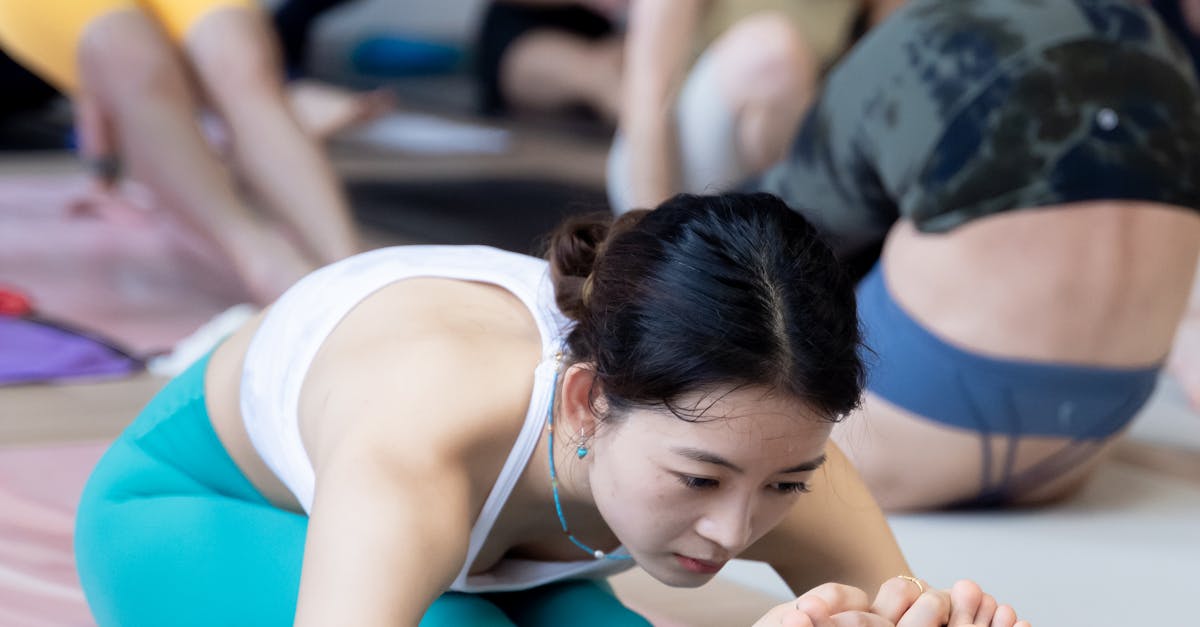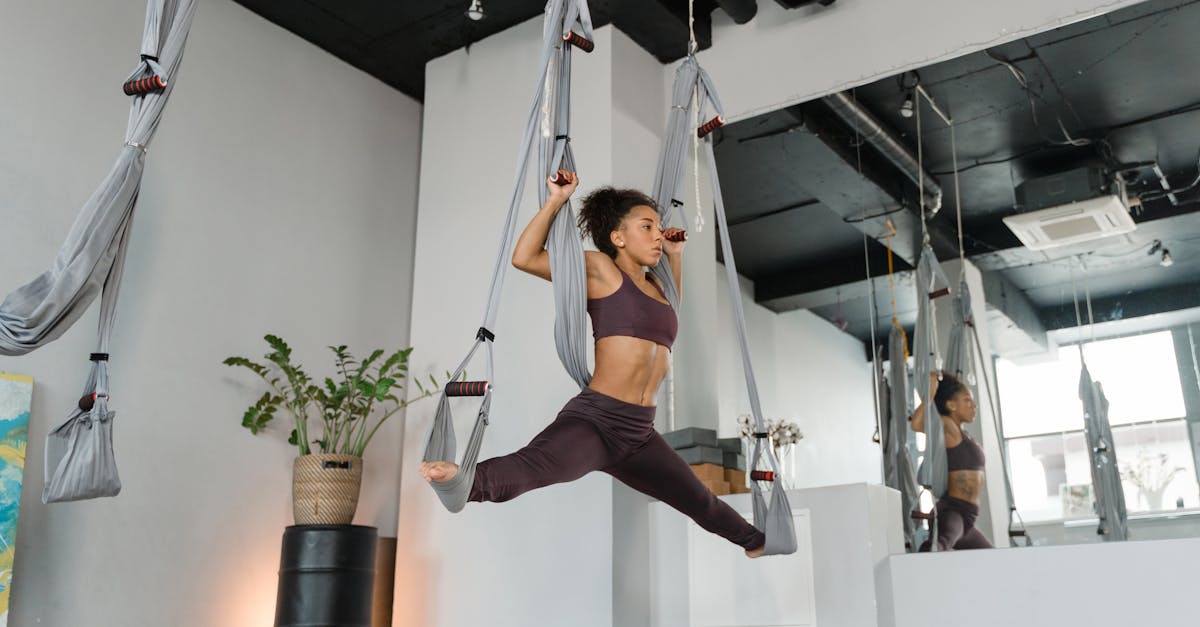
Types of Yoga Practices
Yoga encompasses a diverse range of practices, each offering unique benefits for beginners. Hatha yoga focuses on basic postures and breathing techniques, making it an excellent choice for those new to the practice. Vinyasa yoga emphasizes movement and breath synchronization, which can create a more dynamic experience. For individuals looking for a more restorative approach, Yin yoga involves holding poses for extended periods, promoting deep relaxation and flexibility. Many local studios offer Yoga Classes that cater to various styles, enabling learners to explore what resonates most with their goals and preferences.
In addition to these styles, there's also a variety of specialized yoga practices. Power yoga is a vigorous form that builds strength and endurance, while Kundalini yoga integrates physical postures with spiritual elements. Beginners can benefit from trying different classes to find their ideal style. Yoga Classes often provide an environment conducive to learning and exploration, allowing practitioners to develop their skills progressively while discovering the rich tapestry of yoga traditions.
Choosing the Right Style for Beginners
Choosing the right style of yoga can significantly impact a beginner's experience. With various yoga schools available, each offering unique benefits, it is essential to explore different practices. Hatha and Vinyasa styles are typically recommended for beginners due to their emphasis on foundational poses and breathing techniques. Many find that these classes provide a balanced introduction to yoga, allowing them to develop strength and flexibility gradually.
When starting, it may be helpful to try out several formats in local Yoga Classes. This exploration allows beginners to gauge what resonates most with them, while some styles may feel overwhelming initially. Beginners are encouraged to pay attention to how their bodies respond to each practice, helping them identify the approach that ultimately creates a sense of comfort and enjoyment in their yoga journey.
Mindfulness and Yoga
Mindfulness plays a crucial role in yoga practice, making it a powerful tool for enhancing overall well-being. By focusing on the present moment, individuals can better connect their mind and body. This enhanced awareness not only deepens the physical practice but also fosters emotional resilience. Many beginners find that integrating mindfulness into their yoga sessions leads to a more fulfilling experience, helping them navigate daily stress.
Yoga classes often emphasize the importance of mindfulness techniques, encouraging participants to cultivate awareness during poses and transitions. Instructors may guide students through breathing exercises that facilitate focus, promoting a sense of calm. This approach can help beginners build a solid foundation, allowing them to explore their physical limits while staying attuned to their mental and emotional states. By incorporating mindfulness, participants can enjoy a more holistic yoga journey.
Incorporating Meditation into Your Routine
Incorporating meditation into your daily routine can enhance your yoga practice and overall well-being. For beginners, finding a comfortable space and time to meditate is essential. Start with short sessions, gradually increasing their length as you become more accustomed to the practice. Many yoga classes integrate mindfulness techniques, which can help beginners connect breath with movement. This approach lays a solid foundation for developing a personal meditation practice alongside yoga.
Attending yoga classes that emphasize meditation can provide valuable guidance. Instructors often share techniques to quiet the mind and focus on the present moment. Exploring various meditation styles can also be beneficial, allowing you to discover what resonates best with you. With consistent practice, meditation can deepen your understanding of yoga and create a more profound sense of inner peace.
Tracking Progress
Tracking progress in yoga can be a rewarding experience for beginners. Keeping a journal of your classes can help you note improvements in flexibility, strength, and balance over time. Being mindful of how your body feels after each session provides insight into your growth. Observing small changes, like holding a pose longer or achieving a deeper stretch, can motivate you to continue your practice.
Yoga classes often encourage self-reflection, which is valuable for assessing your journey. Many instructors may recommend setting specific goals, such as mastering a particular pose or increasing the frequency of practice. Regularly revisiting these goals can aid in measuring your progress and maintaining enthusiasm. As you become more aware of your abilities, you can celebrate milestones that signify your development in the practice.
How to Measure Improvement Over Time
Measuring improvement in yoga can be as simple as keeping a journal of your progress. Tracking your performance in yoga classes allows you to note changes in flexibility, strength, and balance over time. Writing down specific poses you can hold longer or with better form offers clear indicators of development. Regular self-assessments can reveal shifts in your overall well-being and mindfulness as well.
Using video or photos to document your practice can provide visual reminders of how far you've come. Comparing earlier sessions to recent ones can highlight significant improvements in posture and ease of movement. Additionally, surveying instructors during yoga classes can offer insights into areas where you might focus your efforts moving forward. This combination of self-reflection and external feedback fosters a deeper understanding of your journey.
FAQS
How many days a week should a beginner practice yoga?
Beginners are generally advised to practice yoga 2 to 3 times a week to build a solid foundation and avoid burnout.
Is it better to do yoga every day as a beginner?
While practicing every day can be beneficial, it's important for beginners to start with 2 to 3 sessions a week to allow their bodies to adjust and recover.
What types of yoga are recommended for beginners?
Beginners may find styles such as Hatha, Vinyasa, or Yin Yoga to be more accessible and suitable for easing into their practice.
Can I mix different styles of yoga in my weekly practice?
Yes, mixing different styles can keep your practice interesting and help you discover which ones resonate best with you.
How can I track my progress in yoga as a beginner?
You can track your progress by noting improvements in your flexibility, strength, and mindfulness, as well as how you feel before and after each session.
